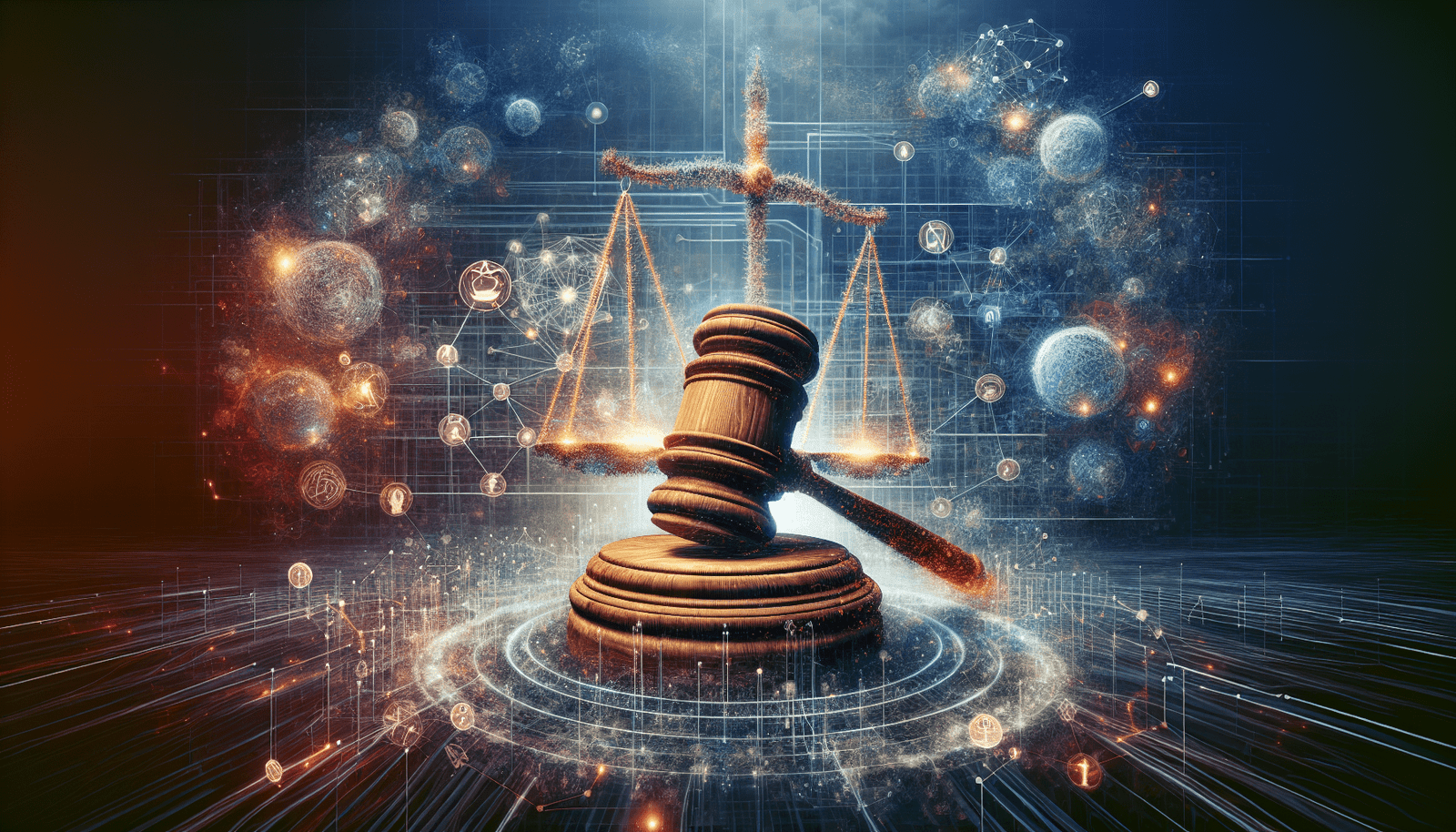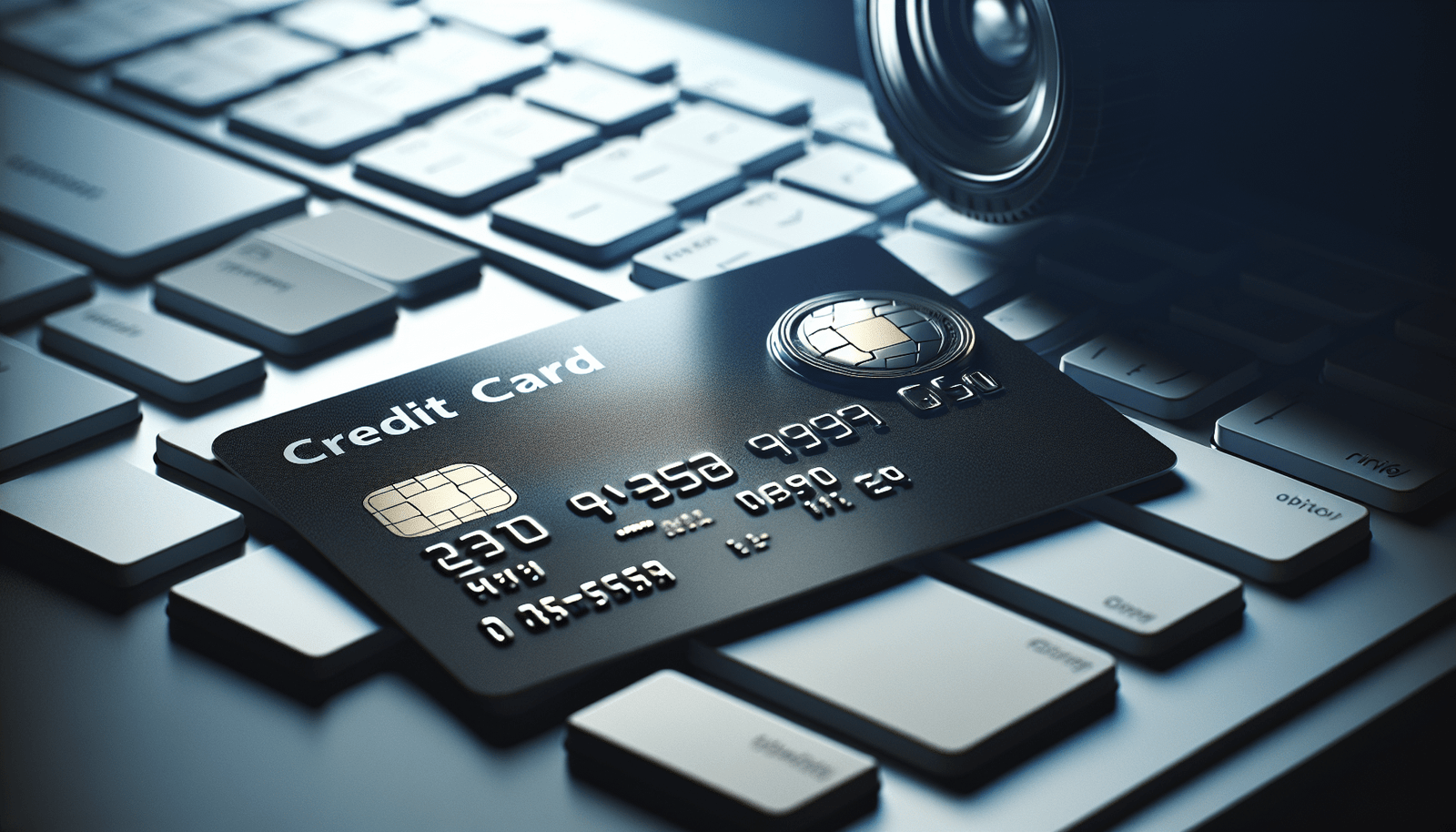In “Emerging Technologies Legal Framework Overview,” I delve into the fascinating and ever-evolving world of legal regulations surrounding cutting-edge technologies. From autonomous vehicles to blockchain smart contracts, this article explores the complex landscape where innovation meets the law. Filled with engaging anecdotes and practical insights, it breaks down complicated legal concepts into digestible, easy-to-understand language. Whether you’re a tech enthusiast, a legal professional, or just curious about how laws are keeping up with technological advancements, you’ll find this piece both informative and entertaining. Have you ever wondered about the legal landscape surrounding emerging technologies?
It’s like jumping into a movie halfway through—there’s a lot going on, and keeping track of all the plot twists and characters can be dizzying. One minute we’re cruising along with smartphones, and the next, we’re dealing with autonomous cars, blockchain, and IoT gadgets that seem straight out of a sci-fi novel. And while all these shiny new technologies are thrilling, they come with their own set of legal baggage. I’ve had my fair share of late-night internet deep dives trying to make sense of it all, and let me tell you—it’s quite the tangled web. So, grab a cup of coffee (or two), and let’s unravel this together.
Navigating the Legal Waters of Emerging Technologies
The law has never been known for its agility. It took years—and a relentless parade of ’80s hacker movies—before cybercrime laws caught up with the internet. Emerging technologies present a similar challenge. How can traditional legal frameworks accommodate innovations that their creators couldn’t have even imagined?
Autonomous Vehicles: The Road to Complicated Laws
Let’s start with autonomous vehicles (AVs). On the surface, they seem like Jetsons-level cool; cars that can drive you around while you sip on your latte and read a book. However, the legal intricacies are anything but futuristic.
Liability Conundrums
Who’s liable in an accident involving an AV? Is it the passenger (who, let’s face it, might be binge-watching the latest Netflix show), the manufacturer, or the software developer?
| Party Involved | Potential Liability |
|---|---|
| Passenger | Limited, unless proven to be tampering or interfering |
| Manufacturer | Product liability laws, if there’s a defect in the vehicle |
| Software Developer | Liability if the crash is due to a software malfunction |
No one wants to be stuck in a courtroom scenario with a real-life version of Judge Judy, so this aspect is particularly contentious.
Blockchain and Smart Contracts: Digital Handshakes
Ah, blockchain—a term I’d heard floating around so often I thought I’d find my lost socks on one. Beyond cryptocurrency, blockchain tech includes smart contracts that execute themselves when conditions are met. Convenient, right? But imagine a code glitch leading to a multi-million-dollar transaction. Houston, we have a problem.
Legal Enforceability
Traditional contracts have legal backing, but smart contracts? It’s like taking a handshake from a robot—cool yet disconcerting.
| Issue | Traditional Contract | Smart Contract |
|---|---|---|
| Enforceability | Easily enforceable in court | Still in legal gray area |
| Errors and Disputes | Handled by legal terms | Trickier due to code dependencies |
IoT: When Your Toaster Spies on You
The Internet of Things (IoT) connects everyday devices to the internet. From smart fridges that tell you when you’re out of milk to wearables that monitor your sleep patterns—it’s a brave new world. However, this interconnectedness brings up a host of new legal issues, primarily around data privacy and security.
Data Privacy Concerns
Imagine your thermostat tattling on you for your heating preferences. Worse, what if this data gets leaked?
| Device Type | Data Risk |
|---|---|
| Smart Home Devices | Data breaches revealing personal/home activities |
| Wearable Tech | Leaked health and fitness data |
| Connected Vehicles | Location and driving behavior information leaks |
Navigating Payments: Security More Than Just a Buzzword
Payment processing in this digital age is like navigating a minefield blindfolded. With e-commerce booming, ensuring secure payment processing is crucial—but the risks are aplenty.
Security Risks
From data breaches to fraud, securing transactions is paramount. However, consumers and businesses must meet compliance standards like PCI DSS (Payment Card Industry Data Security Standard).
| Risk | Description |
|---|---|
| Data Breach | Unauthorized access to sensitive payment information |
| Fraud | Deceptive transactions disguised as legitimate |
| Non-compliance Penalties | Heavy fines for not meeting regulatory standards |
Social Media: The Double-Edged Sword
Ah, social media—where you can watch cat videos and doomscroll all in one sitting. But this digital playground comes with legal pitfalls, especially for influencers and brands.
Influencer Marketing Regulations
From ensuring disclosures about paid promotions to managing online defamation cases, social media laws are evolving but lagging behind the velocity of trends.
| Legal Aspect | Regulatory Body | Considerations |
|---|---|---|
| Influencer Disclosures | FTC | Properly tagging sponsored content |
| Online Defamation | Varies by jurisdiction | Defending against false or damaging claims |
| Copyright Infringement | DMCA | Ensuring proper use of images and music |
Peeking Over the Legal Horizon: The Future of Tech Laws
VR and AR: Beyond Entertainment
Virtual reality (VR) and augmented reality (AR) have turned gaming into fully immersive experiences. While this makes shooter games way more intense than my old-school Mario Kart days, it also opens up a Pandora’s box of legal issues.
Injury Liability
Imagine tripping over a coffee table while wearing a VR headset (my coordination is already terrible)—who’s liable?
Health Risks
| Issue | VR/AR Device | Liability Considerations |
|---|---|---|
| Physical Injuries | Headsets, Controllers | Manufacturer, User |
| Data Privacy | Health data from VR games | Developer, Platform Operator |
AI and Healthcare: To Err Is Human, but What About AI?
AI can diagnose diseases, suggest treatments, and even assist in surgeries. But what if AI makes an error?
Medical Liability
Determining liability in AI-related medical errors is as complex as my grandma’s secret pie recipe.
| Error Type | Potential Liable Party |
|---|---|
| Misdiagnosis | AI developer, healthcare provider |
| Treatment Errors | Healthcare provider, software company |
Drones: Legal Flight Path
Drones are no longer just for hobbyists. They’re delivering packages, surveying land, and even conducting search-and-rescue operations. However, they bring noise and privacy concerns.
Regulatory Compliance
It’s like trying to play by the rules in a game where the rules keep changing.
| Use Case | Regulation Aspect |
|---|---|
| Commercial Deliveries | FAA regulations, local laws |
| Residential Surveillance | Privacy laws, local ordinances |

Tips to Stay Above Board
Navigating these emerging tech-related laws can feel like walking a tightrope, but here are a few tips to help you keep your balance:
- Stay Informed: The legal landscape is ever-changing. Keep an eye on rulings, regulations, and news.
- Consult Experts: Don’t just Google your way out of a lawsuit. Consult legal professionals who specialize in tech law.
- Compliance Training: Regular training for your team can help keep everyone up-to-date with regulations.
Conclusion
Emerging technologies offer a glimpse into the future, but their legal frameworks are perpetually playing catch-up. From the thrill of autonomous vehicles and smart contracts to the practicality of IoT devices and secure payment processing, navigating this brave new world requires a keen eye and a steady footing. So, whether you’re an entrepreneur ready to launch the next big tech startup or a consumer enjoying the conveniences of modern innovation, staying informed and cautious can save a world of trouble—and maybe a courtroom drama or two.




